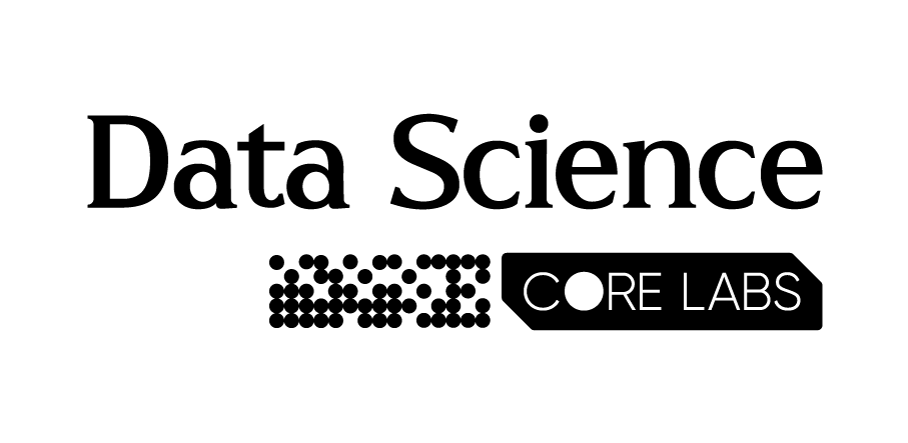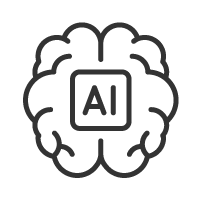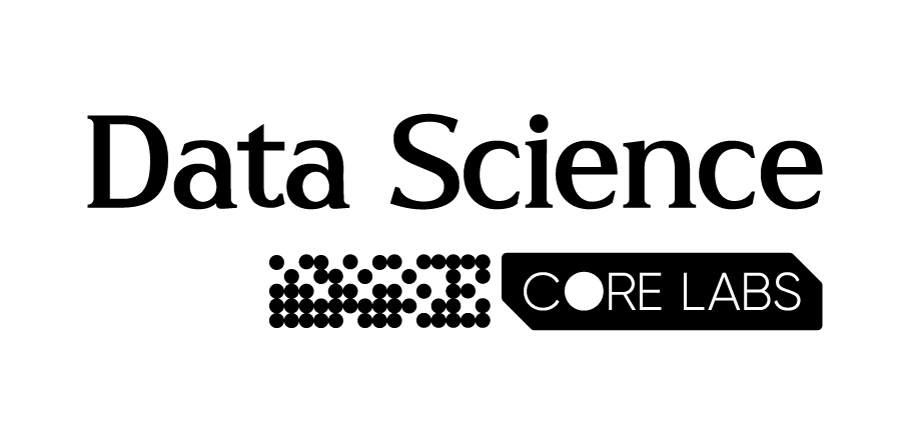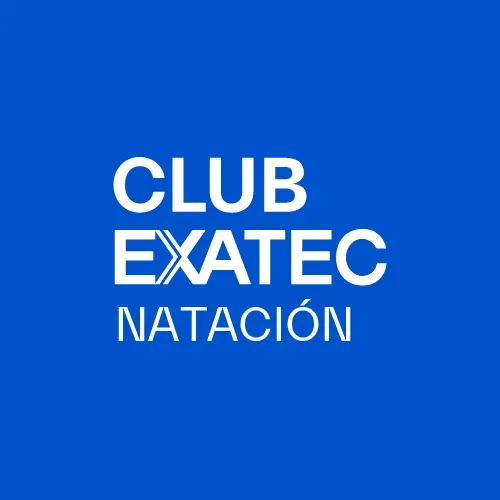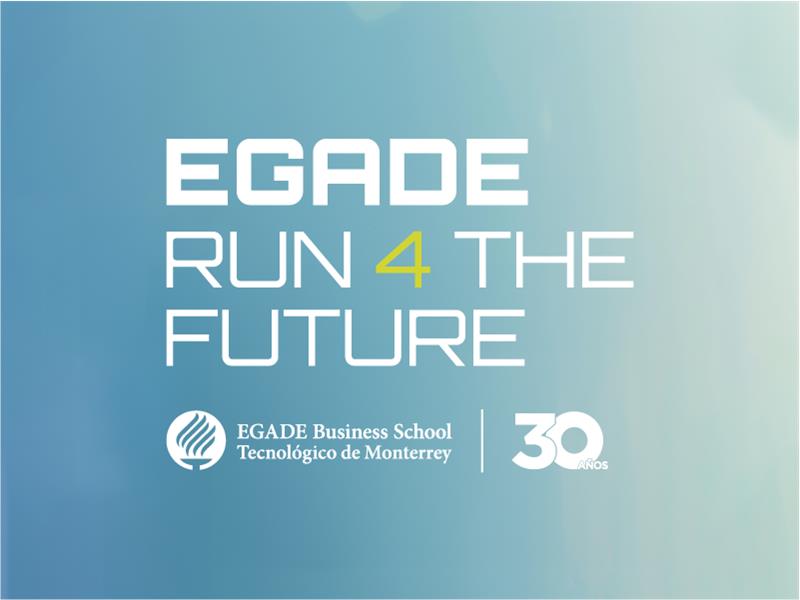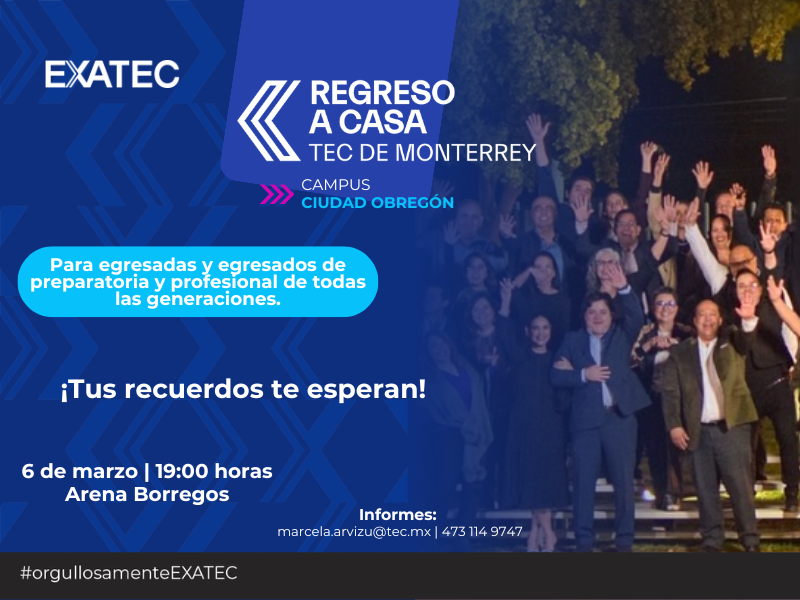FAQ
- 1. Where can I report a breach of academic integrity?
Breaches of academic integrity, known as FIAs (by its acronym in Spanish) must be reported through the ETHOS platform, which can be accessed in two ways:- miTec > Search Bar: “Reportar faltas a la integridad académica” > Realizar reporte
- Website: https://letica.mx/ethosestudiantestec?locale=es
- 2. What is academic integrity?
It means “acting with honesty, commitment, fairness, responsibility and respect in learning, research and dissemination of culture.” It implies having the courage to stand up for these principles, even when it is difficult to do so (Chapter IX of the Academic Regulations).- 3. What is a breach of academic integrity?
A breach of academic integrity is considered any individual or collective action or omission of the students that is committed inside or outside the classroom, that violates the principles of academic integrity and/or that seeks to obtain or facilitate a benefit or academic advantage.- 4. What does "FIA" mean?
It is the Spanish acronym of Falta a la Integridad Académica, that is, Breach of Academic Integrity- 5. What’s the difference between a DA and an FIA?
“DA" (by its acronym in Spanish) means “Deshonestidad Académica”, that is, "Academic Dishonesty". It was a term used to report cases of breaches of academic integrity committed by students, according to the Academic Dishonesty Program and the academic regulations of that time. In July 2017, the Academic Integrity Program was launched with the purpose of promoting a culture in the community, focusing on providing the students with more formative rather than just punitive consequences. Therefore, when a student is reported for having committed an academic integrity breach, the correct term to use is “FIA”, by its acronym in Spanish (that is Falta a la Integridad Académica) and not “DA”.- 6. What are the consequences of committing a breach of academic integrity?
You can consult the consequences of committing any breach of academic integrity in Chapter IX of the Academic Regulations, click on the link that corresponds to your level of studies:
High School Students:
https://tec.mx/en/tec-high-school/policies-and-regulations
Undergraduate Students:
https://tec.mx/en/undergraduate/policies-and-regulations
Graduate Students:
https://tec.mx/en/graduate/policies-and-regulations- 7. What types of consequences are appealable?
Only the breaches of academic integrity that result in a temporary suspension or permanent withdrawal from the Institution may be appealed in accordance with the provisions of the Academic Regulations. To do so, it is important to follow the procedure declared in Chapter IX of the Academic Regulations.- 8. What is the process for a student to appeal for a resolution of temporary suspension or permanent withdrawal?
Only the breaches of academic integrity that result in a temporary suspension or permanent withdrawal from the Institution may be appealed in accordance with the provisions of the Academic Regulations. To do so, it is important to follow the procedure declared in Chapter IX of the Academic Regulations.- 9. Who can report a breach of academic integrity?
According to the article 9.4 of the Academic Regulations, any student, member of the academic staff, institutional authority, member of the Tec de Monterrey educational community or any external entity linked to the academic process, who has knowledge of any act that may constitute a violation to academic integrity, must communicate it in writing to the Campus Academic Integrity Committee (CIAC), including evidence that demonstrates the fact. To do this, a report must be made through the ETHOS platform, which can be accessed in two ways:- miTec > Search Bar: “Reportar faltas a la integridad académica” > Realizar reporte
- Website: https://letica.mx/ethosestudiantestec?locale=es
- 10. What is the purpose of the Academic Integrity program?
To strengthen the culture of academic integrity at Tec de Monterrey, through a set of actions oriented to raise awareness and educate about integrity, as well as provide an effective management of breaches of academic integrity, according to the Academic Regulations of our Institution, to promote honesty, respect, commitment, responsibility and justice in the field of learning, teaching, research and the dissemination of culture.- 11. Who is part of the Academic Integrity Program?
The entire Tec community is part of the Academic Integrity Program; however, the people who collaborate directly in the Campus and National Academic Integrity Committees have a special participation, as well as the people who perform the role of Ambassadors of Academic Integrity and the teachers of the Integrity Academy.- 12. What is a Campus Academic Integrity Committee (CIAC)?
A Campus Academic Integrity Committee (CIAC, by its acronym in Spanish) is a deliberative body that, by addressing and resolving cases of breaches of academic integrity, educates students in integrity and strengthens the culture of integrity on the Campus and in the Institution in general.- 13. What does a Campus Academic Integrity Committee (CIAC) do?
-
- Educates students in integrity, contributing with this to the formation of professionals technically efficient and ethically responsible.
- Promotes the strengthening of a culture of academic integrity in our Institution.
- 14. What is a National Academic Integrity Committee (CIAN)?
The National Academic Integrity Committee (CIAN, by its acronym in Spanish) is the body responsible for reviewing appealed cases submitted by reported students who received resolutions of temporary suspension or permanent withdrawal.- 15. What does the National Academic Integrity Committee (CIAN) do?
The main function of the CIAN is to analyze and resolve the appealed cases it receives, in accordance with the provisions of Chapter IX of the Academic Regulations of the Institution.- 16. What can I do if I witness a breach of academic integrity?
It is important that you report it through the ETHOS platform. To access, follow either step:- miTec > Search Bar: “Reportar faltas a la integridad académica” > Realizar reporte
- Website: https://letica.mx/ethosestudiantestec?locale=es
- 17. What is the process for managing a breach of academic integrity?
-
When a student has committed a breach of academic integrity, the professor:
- Will assign a failing grade, either in the activity, exam, project, subject, etc.
- Make a report to the Campus Academic Integrity Committee (CIAC) through ETHOS platform.
Then, the Campus Academic Integrity Committee (CIAC):
- Will analyze the seriousness of the reported events.
- Will subsequently indicate whether it is necessary for the student to attend a hearing session to discuss what happened.
It is very important that students always check their institutional email, as there they will be contacted about any situation related to the case.
- 18. What are examples of breaches of academic integrity?
-
A breach of academic integrity is considered any individual or collective action or omission by students, whether committed inside or outside the classroom, that violates the principles of academic integrity and/or seeks to obtain or facilitate an academic benefit or advantage.
Some examples of this type of actions or omissions are: copy or attempt to copy any type of exam or learning activity; partial or total plagiarism; facilitate any activity or material to be copied and/or presented as your own; impersonation; access and/or manipulate, without express authorization, email accounts or institutional systems; falsify information; alter academic documents; sell or buy exams or distribute them by any means; steal or obtain information improperly or attempt to bribe a professor or any collaborator of the Institution; the alteration of clinical records; unauthorized use of tools, software or devices; among other. For any further questions, email us at integridad.academica@itesm.mx
- 19. ¿En qué capítulo del Reglamento Académico se habla sobre integridad académica?
Throughout the Academic Regulations there are several articles related to academic integrity; However, Chapter IX is where you can learn more details about the Academic Integrity Program. We invite you to click on the link that corresponds to your level of studies:
High School Students:
https://tec.mx/en/tec-high-school/policies-and-regulations
Undergraduate Students:
https://tec.mx/en/undergraduate/policies-and-regulations
Graduate Students:
https://tec.mx/en/graduate/policies-and-regulations- 20. What is a remediation assignment?
A remediation assignment is an educational intervention designed to prevent future infractions. It is aimed to promote reflection among students and raise their ethical awareness to help them make ethical decisions in difficult circumstances.- 21. What is an Academic Integrity Plan?
An Academic Integrity Plan is aimed specifically at students who have been suspended from the Institution. In this period of separation from the school, students carry out a series of activities that allow them to reflect on the breach of academic integrity committed and are provided with tools that help them strength their moral conscience. Unlike the remediation assignments, the Academic Integrity Plan lasts from one month up to one year and can include activities to be performed in collaboration with a social organization.

